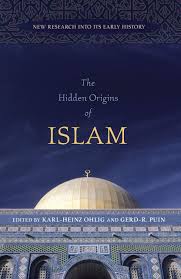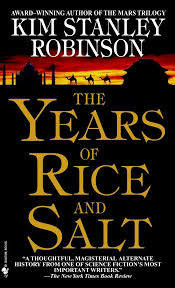The late Major General Tajammal Hussain Malik had an illustrious military careere (and a very controversial retirement career). In 1965 his unit played an important role in the defense of Lahore (a battle that the Indian army could have won if led by someone like Sagat Singh, but luckily for Pakistan, their GOC was Niranjan Prasad and Lahore was saved) and in 1971 his brigade was the only major force that the Indian army could not break in its lightning campaign in East Pakistan. Gen Tajammal was also a true believer who dreamed of the standard “Pak army true believer” stuff (abolish provinces, impose shariah law, unite the ummah), but with the interesting twist that he hated the crook Zia ul Haq and actually planned to assasinate him on 23rd March 1980 (his second coup plan, more serious than his first, which had been little more than a vague thought that arose when he was denied a well-deserved promotion). By the way, when Islamophobes think of Pakistan they tend to imagine that the median army officer is as fanatical as Gen Tajammal (though they obviously assign a more negative valence to that fanaticism than Islamophiles do), but as the following interview makes clear, his level of belief is not exactly common in the senior ranks of the army.
Anyway, here is an interview that Major Amin conducted with Gen Tajammal in 2001 (a couple of years before Gen Tajammal passed away). I am posting it here both as an important historical document and as a window into the mind of someone who was NOT the median Pakistani army officer, but is probably representative of what we may call the “PMA ideal”: an officer who combined professional competence with a Nasim Hijazi level view of history, a PMA-level view of Pakistani politics and a naive but intensely sincere faith in what can only be described as the Chakwal version of Islam. Comments welcome. (I put Major Amin’s words in red, the rest is Gen Tajammal speaking)
Postscript: I have added the full text of an article Abdul Majeed Abid wrote about General Tajammal in the Pakistani newspaper “The Nation” at the end of this interview.. it add more detail to the picture of Gen Tajammal.
Major General Tajammul Hussain Malik
Agha H Amins Note:—
This is the man who was praised by Indians and they established a commission to study his masterpiece Battle of Hilli .He was praised by his Indian battle opponent in his book “Indian Sword penetrates East Pakistan” as a singularly brave man .
He was miles above pygmies like Zia , Ayub and Musharraf. When we joined the army, we were inspired by his battalion 3rd Baloch’s attempted coup of 23 March 1980 to wipe out despicable clown Zia and his dirty clique !
We had to wait till glorious 17th August 1988 when that plane finally crashed right into the Hindu Shamshan Ghat on Basti Lal Kamal !
One good thing that General Beg did immediately after that glorious crash in 1988 was to restore Tajammuls complete military honours and privileges. Tajammul was serving a sentence of 14 years RI for planning to liquidate all army generals and Zia on 23 March 1980, a brilliant scheme indeed !
Tajammul has thrown light on Zias shallow personality in this interview !
May God Bless His Soul !
Major Agha H Amin (Retired)
Maj Gen (Retd) Tajammal Hussain Malik
A.H Amin
September 2001
Please tell us something about your early life, parents? Continue reading Interview with a Mujahid: Maj Gen Tajammal Hussain Malik
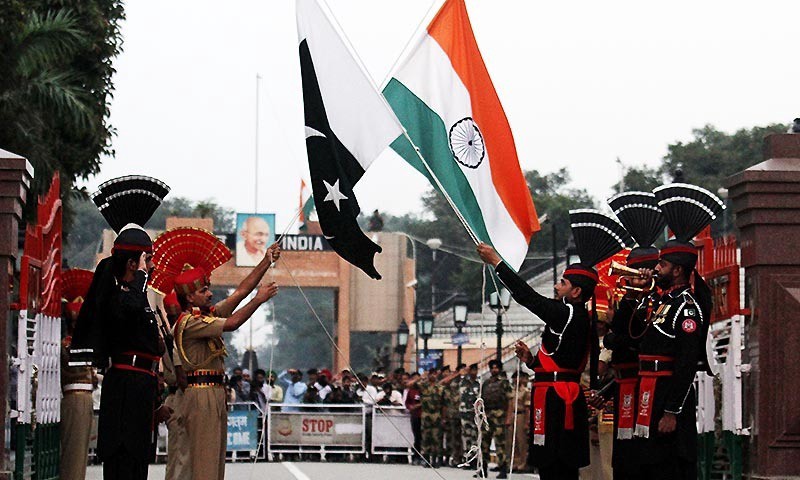
 You can also support the podcast as a
You can also support the podcast as a 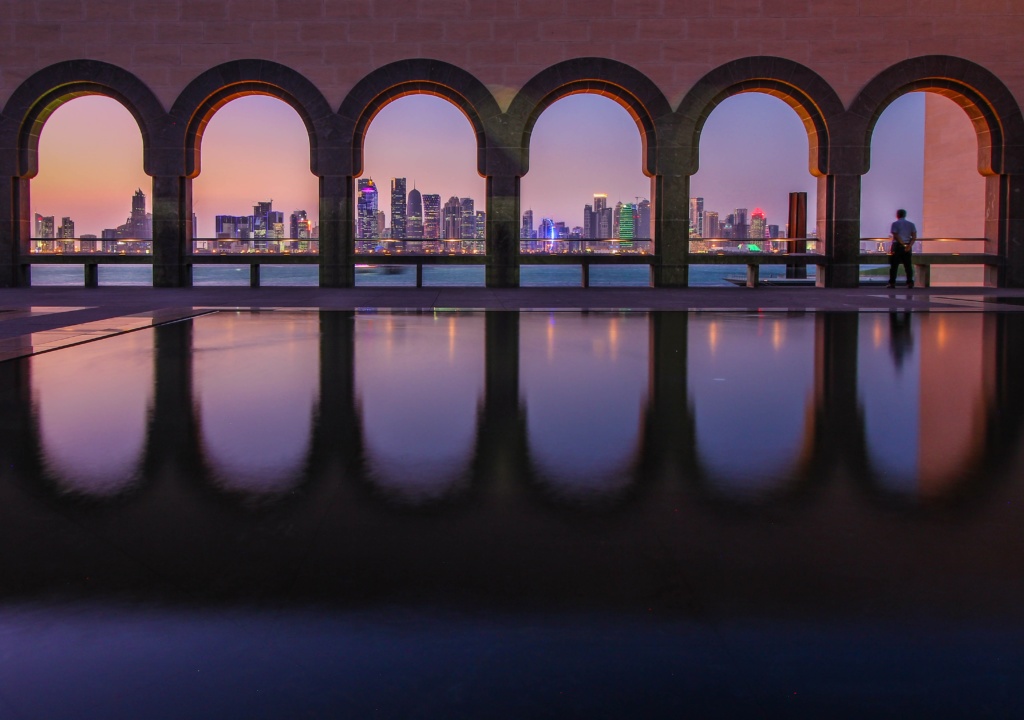

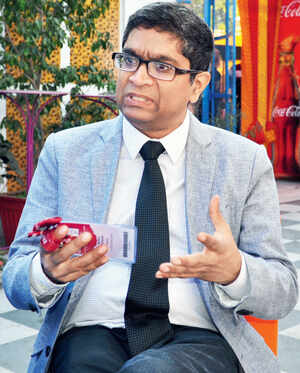 In this episode we talk to eminent historian
In this episode we talk to eminent historian 